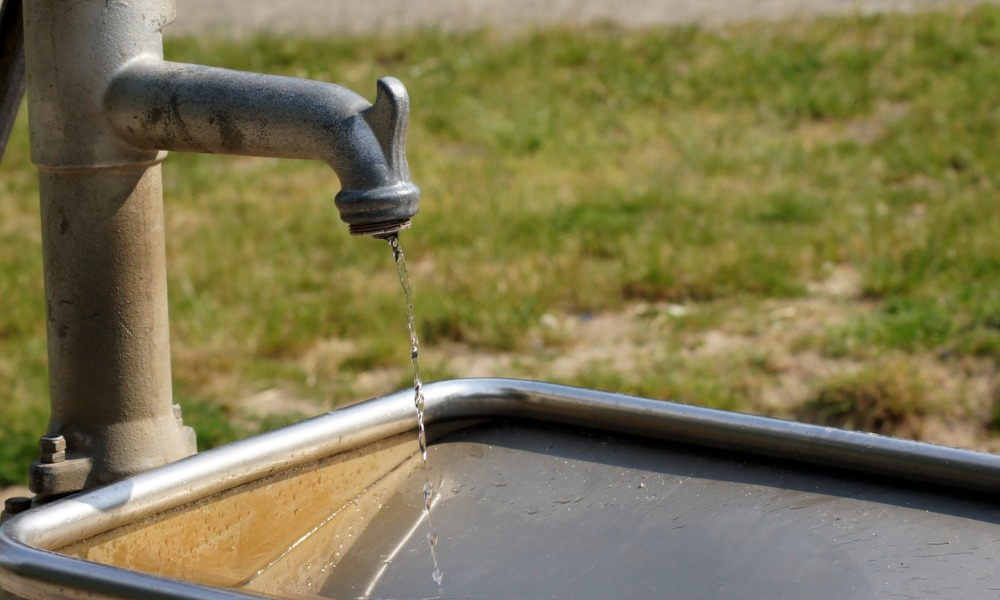
The lack of reforms poses threats to Indigenous communities and users of private wells, says CELA

Counsel for the Canadian Environmental Law Association have filed an application for review, seeking amendment of Ontario’s Clean Water Act and its implementing regulations.
While under the current regime, municipal drinking water systems are covered by source water protection. Under the proposed changes, this protection will be extended to non-municipal drinking water systems, such as private residential wells, states a news release from CELA.
Theresa McClenaghan, CELA counsel and executive director, and Richard Lindgren, CELA counsel, have filed the application for review on behalf of the association. By mid-February, the Environment Ministry will decide whether it will entertain the application.
In the application, CELA said the provincial government should ideally prioritize children and youth care facilities, health care facilities, social care facilities, community centres, schools and establishments that supply food or overnight accommodation, if these facilities receive their water from non-municipal systems.
CELA was prompted to initiate the proceeding following the release of the Auditor General of Ontario’s annual report last December. The report noted that “significant risks remain for Indigenous communities and areas outside of Conservation Authority boundaries, as well as private wells, which in total serve about 18 [per cent] of Ontario’s population.”
CELA has lamented the provincial government’s consistent failure to address the health concerns faced by some Ontarians owing to gaps in the current legislation. According to the news release, Ontario has not heeded the expert recommendations offered by the Ontario Drinking Water Advisory Council in 2005, the findings by the Auditor General in a 2014 report, as well as the findings by the Environmental Commissioner of Ontario in a 2018 report.
These government officials and agencies have recommended that the provincial government strengthen disinfection requirements, address findings of E. coli bacteria in private wells and improve Regulation 903, which covers wells. While minor changes to the latter regulation have been introduced, CELA argues that further reforms are urgently needed.
As CELA states in its application, “since current source protection plans are now being reviewed and updated, the Applicants submit it is now time to extend the reach of the CWA program to the sources of water used by non-municipal drinking water systems that serve some of the most vulnerable people in Ontario (e.g. children, elderly persons, etc.).”